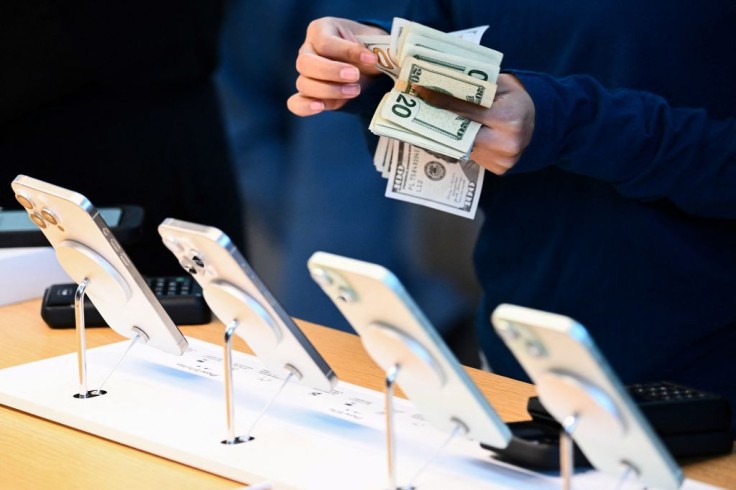Apple is finally sending payments from its $500 million "Batterygate" lawsuit to affected iPhone users over three years since the big tech firm agreed to settle.

Several US customers have reported receiving up to $92.17 payment from Apple in the past few days, according to MacRumors.
The payout follows the details in the settlement agreement released December last year that "distribution should occur sometime in January 2024."
Apple 'Batterygate' Lawsuit: Timeline and Breakdown
The class-action lawsuit was first filed in 2017, accusing Apple of "secretly throttling" older iPhone models to prevent the devices from shutting down when under high load.
Affected customers include US owners of iPhone 6, 6 Plus, 6s, 6s Plus, 7, 7 Plus, and any Apple device that runs on iOS 10.2.1 and/or 11.2 before December 21, 2017.
Apple has already fixed the issue in the following iOS updates and offered reduced battery prices for affected devices in 2018. A performance management system was also added since the iPhone 6.
Despite the changes and repeated public apologies, Apple continues to deny all allegations and that the settlement was only agreed to "avoid burdensome and costly litigation."
The agreed settlement payment can go up to $25 per claim depending on the length of ownership and the number of claimants.
Read also: Verizon US Customers May Claim Parts of Its $100 Million Lawsuit Settlement: Here's How to Get Yours
How to Get Settlement Payment from Apple
If you haven't filed for a claim from the settlement before, then your claim is already gone as well as any chance to be part of any future lawsuits against Apple regarding this case.
According to the settlement website for the "Batterygate" lawsuit, claimants can only apply for the settlement no later than October 6, 2020. That is three years already too late.
Failure to submit an application or settlement exclusion will result in the iPhone owner being automatically part of the "Settlement Class Member."
This means you withdraw all rights to pursue the lawsuit or any allegations that follow from this specific case.









